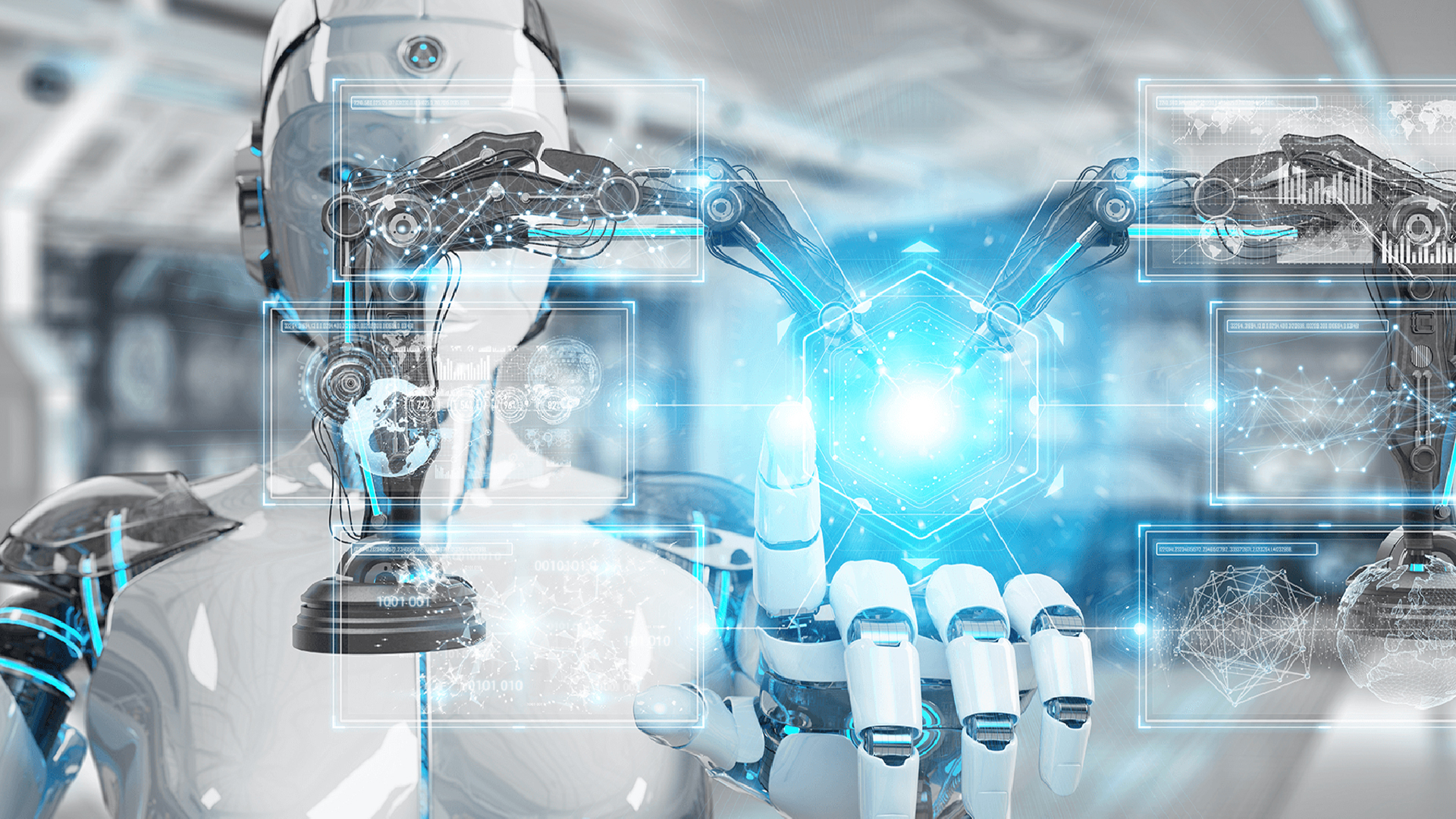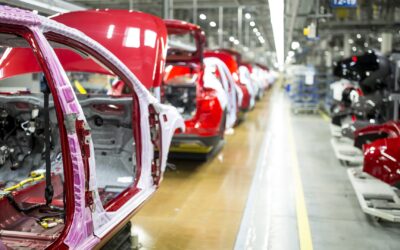Back in November, we wrote a post discussing GM’s plans to transform its traditional manufacturing model into a software-driven model. Given the current landscape, that is promoting more change in this direction, we thought it was a good chance to revisit this concept to see where we stand, half a year later.
In this piece, we’ll focus on the effects a mindset shift toward software will have on traditional manufacturing models, how this shift will impact consumers, and give a few examples of businesses getting on the bandwagon.
How Does a Software-Driven Manufacturing Model Effect Traditional Manufacturing Models?
The short answer is that a software-driven business model will divide manufacturing companies into two categories: those that thrive and those that get by. Of this trend in the automotive industry, Akio Toyoda, a Chief Executive at Toyota says: “It’s a matter of surviving or dying.”
The new drive toward software is a great example of industry diversification to capture growth since there wouldn’t be a shift if there was no consumer interest. Regarding innovations in the automotive industry, the shift in mindset is toward “creating experiences and services” rather than sticking to traditionally held ideas of vehicle upgrades. Why is this? Because that is what consumers want. It has been this way in business since the beginning of time: you must continue innovating to remain competitive.
Another clear side-effect of this manufacturing shift is a rise in tech-based jobs. As we’ve seen through the rise of AI technology and its effect on the labor market, the shift towards software innovation is not poised to replace jobs, rather it stands to instigate a rise in employee upskilling. Of their new business model, GM President Marke Reuss noted, “The new business model is helping GM recruit and hire the top technology talent too.”
But the effect on manufacturing is just one piece of the puzzle, let’s take a look at the other component – the consumer side.
How Does a Software-Driven Shift in Manufacturing Effect Consumers?
Another short answer, consumers will be happy with the changes. Most of the changes are customer-centric, and by that we mean they are meant to address desires of the consumer. Large manufacturing companies like GM aren’t alone in banking on customer-centric innovations. A recent study by Capgemini found that manufacturers researched were expecting an increase in customer satisfaction over the next five years, to the tune of 23%.
Bear in mind that the innovations in question denote a shift from the one-time revenue option of a traditional car sale, to a long-term model of revenue generated throughout its lifetime. Regarding the shift and its effect on consumers, a strategy and international program director from a French automotive manufacturer notes that “ultimately [the] shift will be more beneficial for the end-consumer due to higher satisfaction through more appropriate offers and greater resale value of the car.”
Overall, consumers can expect to see more customer-centric innovations in the automotive and other manufacturing sectors, so it will be interesting to see what trends shape the next few months. For purposes of this piece, let’s shift our attention toward some innovations and companies taking this trend by the horns.
Companies Leveraging a Software-Driven Manufacturing Mindset
Ultifi: From the great minds at GM comes this innovative software platform, poised to take a huge chunk out of the automotive market in the coming years. Operating much like software for your smartphone, Ultifi offers regular updates and customer-personalization options. Scott Miller, GM’s VP of software added that with the Ultifi platform, “when the next new thing comes out, [consumers] can just add it to their vehicle and not have to go buy a new car.”
Modiface: Popular beauty brand L’Oreal recently invested in new tech with their acquisition of Modiface, a software that allows a consumer to see what a shade of lipstick would look like before they purchase. When asked about their shift to technology, L’Oreal’s CMO, Stéphane Bérubé believes to be successful, companies must do more than just sell products.
Connected Construction: Caterpillar and John Deere are leveraging the tech trend by offering construction equipment that monitors, collects, and stores customer usage data. The goal is to generate actionable intel on how to improve productivity and efficiency. Still others in the same industry are leveraging “equipment as a service” options to diversify their offerings.
A Win-win Proposition
The shift to a software-driven manufacturing mindset is an inevitable change that manufacturing companies from all industries should be doing or at least considering.
This shift benefits both consumers and manufacturers and the long-term gains will ensure company viability in the future. Customer-centric innovations will help drive consumer engagement and manufacturing companies have open opportunities to innovate for growth. It really is a win-win proposition.
Automation Alley is a World Economic Forum Advanced Manufacturing Hub (AMHUB) for North America and a nonprofit Industry 4.0 knowledge center with a global outlook and a regional focus. We facilitate public-private partnerships by connecting industry, education and government to fuel Michigan's economy.




